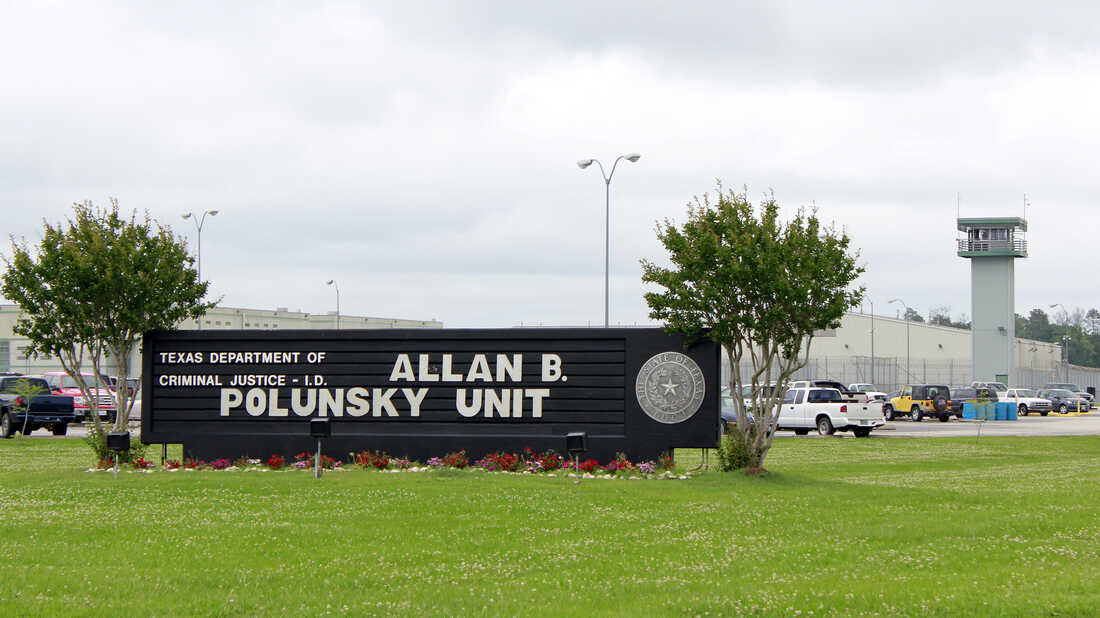
The Polunsky Unit, where death row inmates are held, is pictured on May 21, 2013 in Livingston, Texas, about 40 miles from Huntsville. Chantal Valery/AFP via Getty Images hide caption

The Polunsky Unit, where death row inmates are held, is pictured on May 21, 2013 in Livingston, Texas, about 40 miles from Huntsville.
Chantal Valery/AFP via Getty ImagesThe men on death row in Allan B. Polunsky Unit, a maximum security prison in southeastern Texas, spend most of their time in solitary confinement, isolated from each other. Now, a prison radio station is giving them a sense of community and a way to be heard.
Keri Blakinger talks about how it started and the impact it's had. Read her piece "The Prisoner-Run Radio Station That's Reaching Men on Death Row" at The Marshall Project.
Email us at
This episode was produced by Mallory Yu and Ashish Valentine. It was edited by Ashley Brown and Courtney Dorning. Our executive producer is Cara Tallo.

 Live Radio
Live Radio